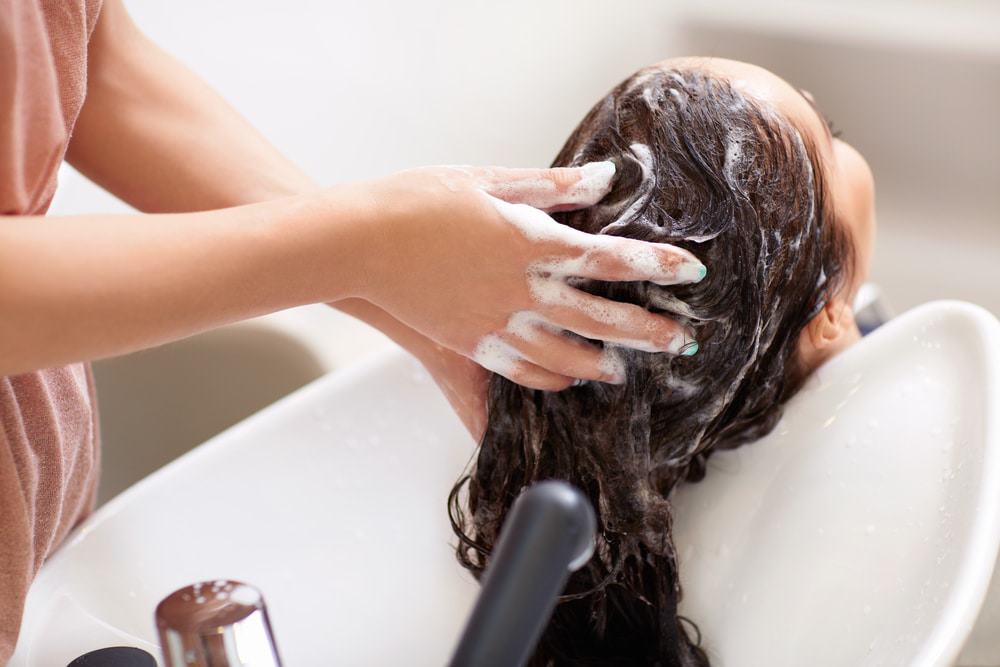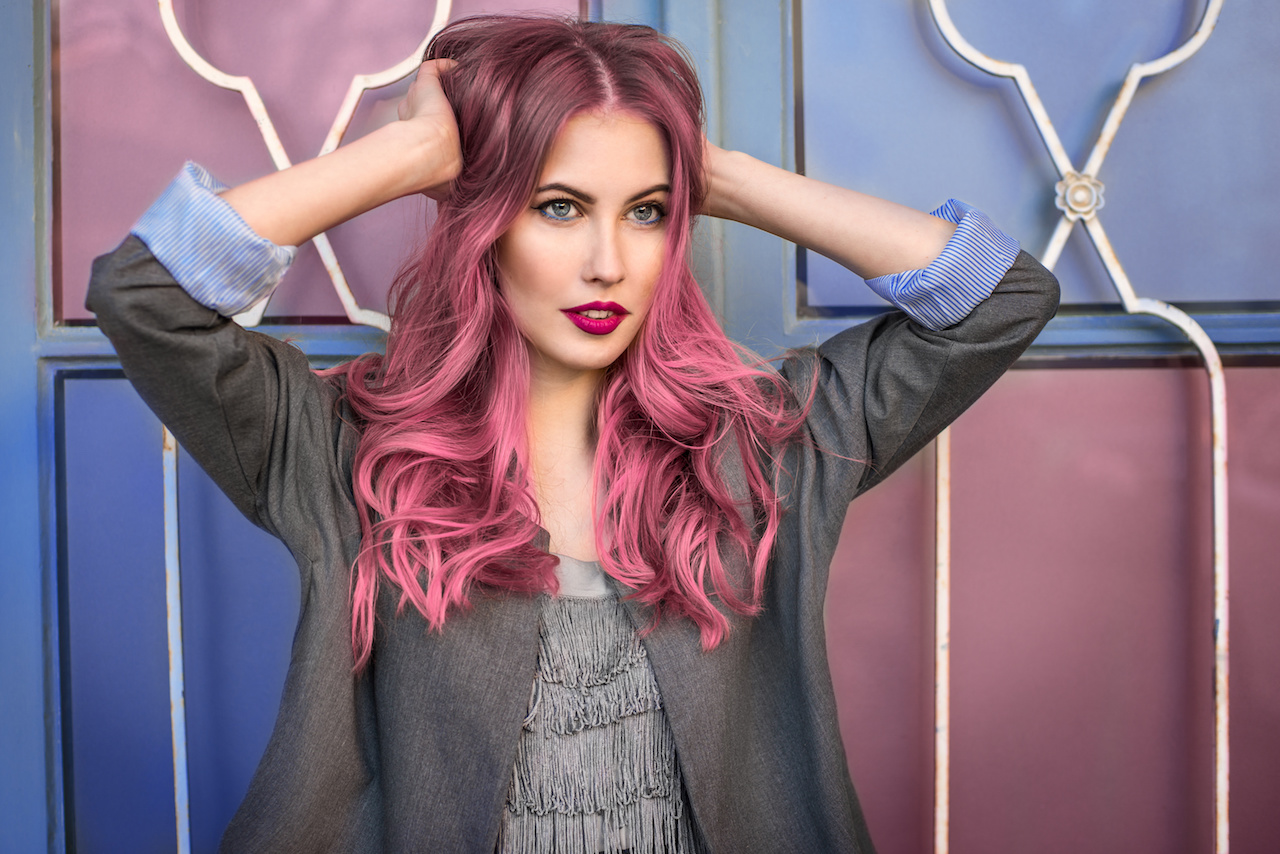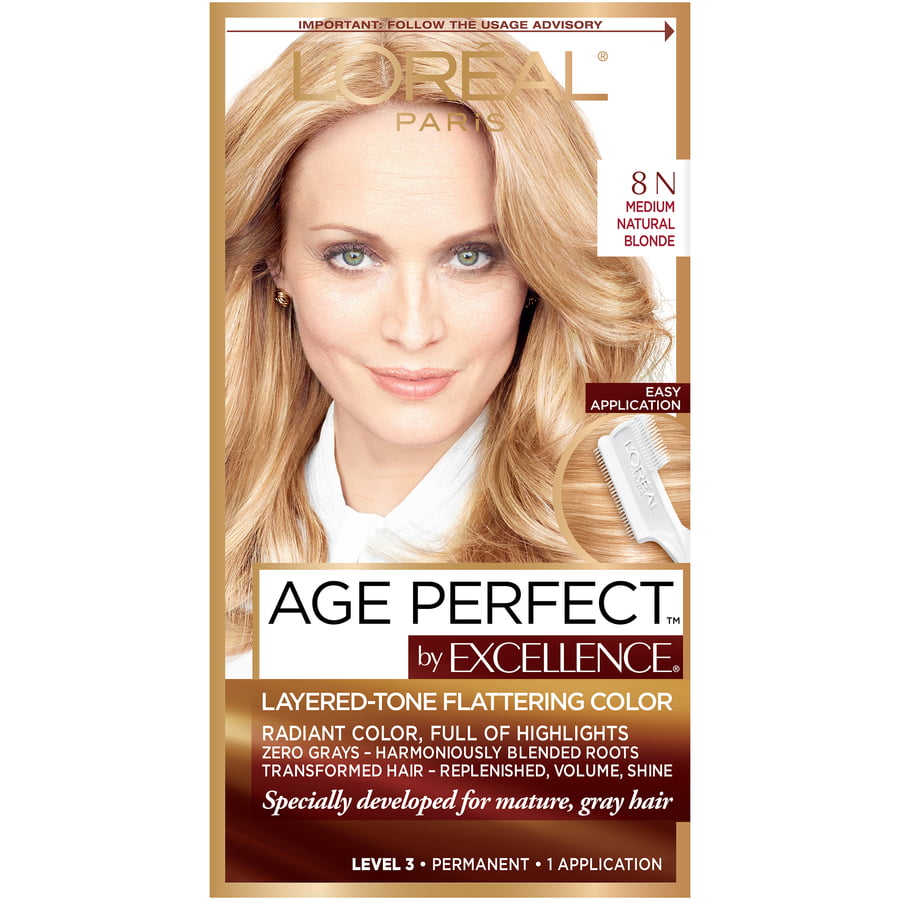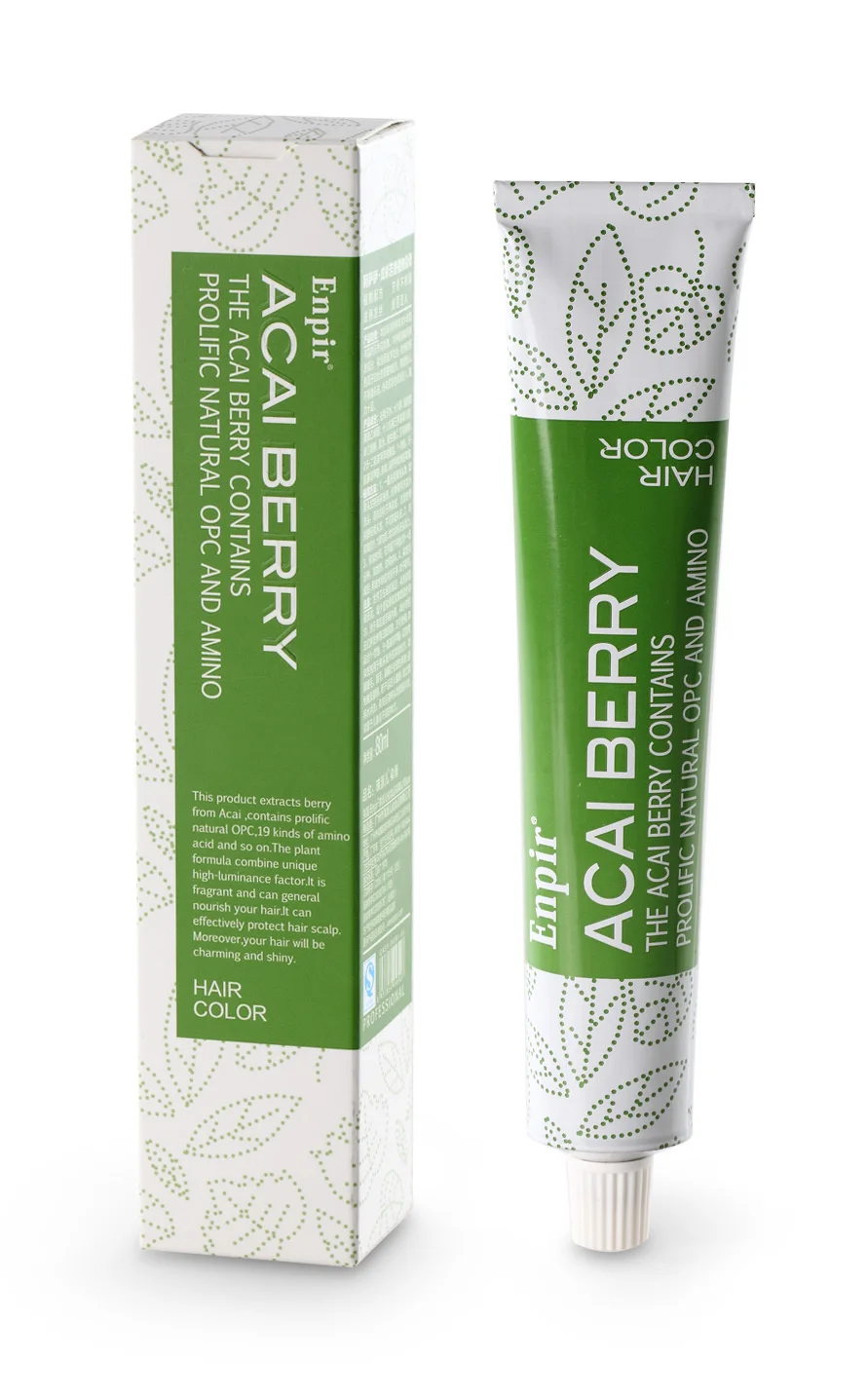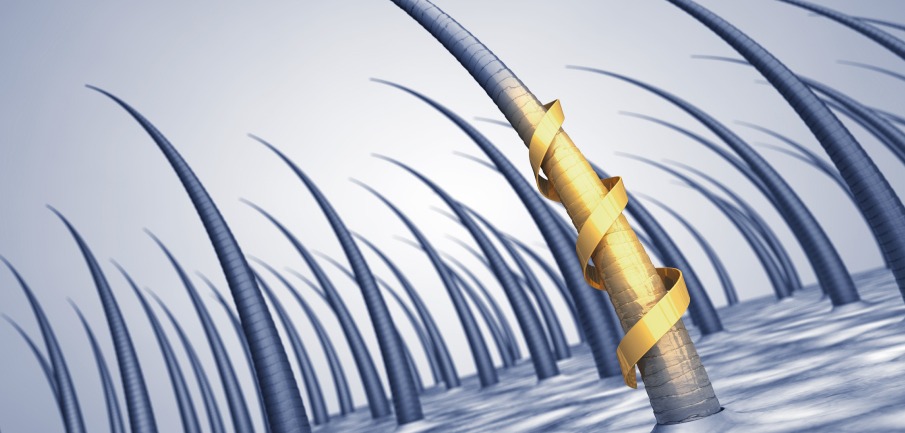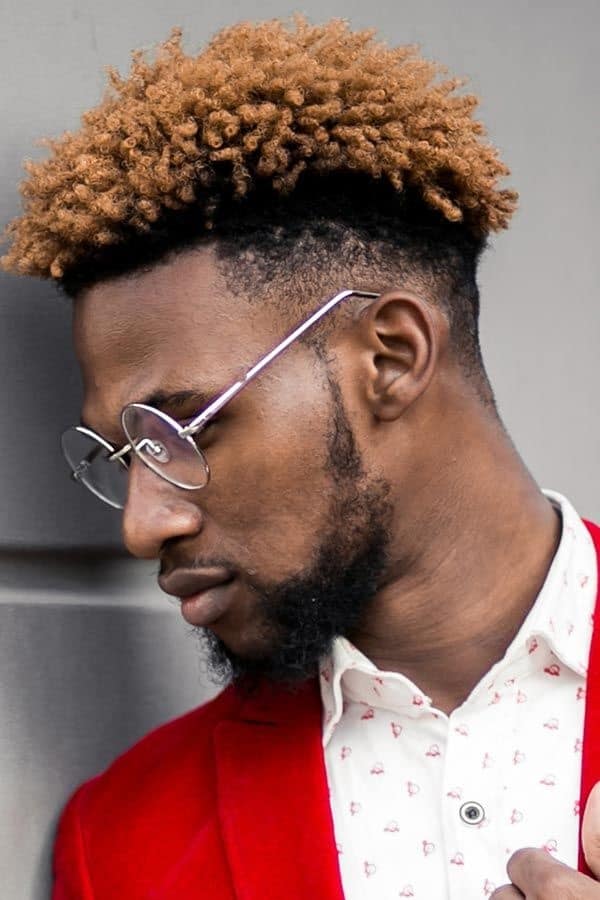Table Of Content

After each wash, condition your hair to prevent split ends and breakage, lessen tangles, and make it easier to manage. According to the degree of hair damage, they also recommend a different conditioning method. Whereas, if you have thin or oily hair, you may have heard that it’s better to skip the conditioning step sometimes to keep it from falling flat.
substantial weight loss over a short period of time
As for leave-in conditioner, if you’re allergic to a product, you may experience burning at the site of application. If this occurs, rinse the product from your hair and stop using it, per Healthline. If your hair is dry and brittle, or you’re experiencing the heaviness of product buildup on your strands, it might be time to reassess what conditioner you’re using.
Thickening/Volumizing Conditioner
Apply shampoo directly to your wet hair, then rinse it thoroughly. Take time rinsing to remove everything before applying the conditioner. The excessive application of the conditioner may also heavily coat each hair cuticle, giving more than your hair’s needed moisture.
Squigs Gooseberry Delight Hair Oil
While some people may find that washing their hair every day keeps it looking and feeling clean and healthy, others may experience dryness, irritation, or damage from frequent washing. It is recommended to speak with a dermatologist or hairstylist for personalized advice on hair care. However, a recent research study has shown that washing hair more frequently with shampoo can be beneficial for both the scalp and hair. The study found that daily washing can help to remove excess oil and product buildup, which otherwise can clog the hair follicles and lead to scalp irritation, dandruff, and hair loss. While shampoo is formulated specifically to clean off sweat, dead skin cells, and hair products, conditioner makes hair softer and easier to manage. As for the conditioner, you can apply it every time you wash or shampoo your hair.
How to Deep Condition Hair: Benefits of Deep Conditioner, DIY Recipes - Healthline
How to Deep Condition Hair: Benefits of Deep Conditioner, DIY Recipes.
Posted: Wed, 14 Apr 2021 07:00:00 GMT [source]
By applying too much conditioner, your hair will risk becoming limp, greasy, brittle, dry and unmanageable. Meanwhile, hair conditioner aims to moisturize hair and protect it from severe damage. Even if you don’t dye too often, your hair is still prone to damage and the conditioner can help prevent that. It is crucial to begin from the bottom, the part holding the oldest, most damaged, and driest hair.
Ceremonia Aceite de Moska Pre-Shampoo Scalp & Hair Oil
There are several factors that can increase your need to wash your hair. Cleansing your hair is just as important as making sure it has the right nutrients. You should also be using a clarifying shampoo to rid your hair of any chlorine or excess salt if you regularly swim or head to the beach.
If you want to incorporate this into your healthy daily habits, carve out time each day when you're screen-free. Hair oiling is an ancient Indian practice rooted in Ayurveda. It's "a process of infusing your hair with natural oils to restore luster and hydrate hair," says dermatologist Candace Spann, MD. Bolster limp locks with this strengthening, leave-in conditioner, fortified with biotin and rosemary mint.
Conditioner mistakes to avoid
Use leave-in conditioners or light moisturizers whenever your hair is feeling dry and frizzy. Go for lighter shampoos and creamy conditioners so you don’t wash out the natural oils your hair needs to stay moisturized and strong. But as with everything, you only see results if you’re using the right oils and doing it consistently. If you have fine hair, keeping oil on your scalp and ends for an extended period of time can possibly weigh your hair down (more on this below, though).
What is conditioner?
If any of these signs are bothering you, try applying conditioner more often. You can also consider deep conditioning your hair periodically to help maintain moisture. Cleansing conditioners are treated like shampoo, so they can be applied as often as you would apply shampoo. Generally speaking, that means daily or every other day for oily or fine hair. As a general rule, try applying a leave-in conditioner once a week.

No need to rinse, just add to your hair after your shower and watch your hair become revitalized, soft, and manageable – those with thin hair will notice a thickening effect as well. Spring is here, bringing beautiful blooms, higher temperatures, and the end of hibernation — both for animals and your hair. If you've been living in ponytails and messy buns all winter, it's time to let those locks down and start thinking seriously about your spring hair-care routine. The frequency of washing hair with shampoo is a topic that has been debated for a long time.
Comb through from the mid-shaft to the ends, leave on for 20 minutes, and rinse with cool water. Unless you have especially oily hair, you can likely benefit from also using a deep conditioner, Mraz Robinson says. Because shampoo also removes sebum, the American Academy of Dermatology recommends using a quick rinse-out conditioner every time after washing hair. Rinse out conditioners are the worst – not because the conditioner itself does any damage but because of the processes of washing, rinsing and drying. Think of conditioning your hair as you would an exercise program where you hope to see changes in the way your body looks. Even though you’ll see some immediate advantages after only one session, or in this case, one wash, you’ll see improved outcomes as you continue to practice (or condition).
This should help in deep cleansing your hair and removing residues from the products you are applying to your hair. This ensures that your hair strands won’t be stripped of all their natural oils. Your hair’s moisture levels depend on how much sebum is produced by the sebaceous glands located in your hair follicles. The solution to this is without a doubt that you should condition your hair after each wash. It’s usually made up of cationic surfactants, which help to smooth your hair, as well as emollients, oils, and sometimes silicones. Another misstep you'll want to avoid is applying the wrong amount of conditioner.
However, if you have coarse or thick hair, conditioning it each time you wash and apply shampoo is good for you. For individuals with finer or thinner hair, a lightweight conditioner that won’t weigh down the hair is ideal. Those with thick or curly hair may benefit from a more intense conditioner that can provide added moisture and detangling properties. Because the deep conditioners penetrate the hair and stay a while, there is no need to use them regularly.
